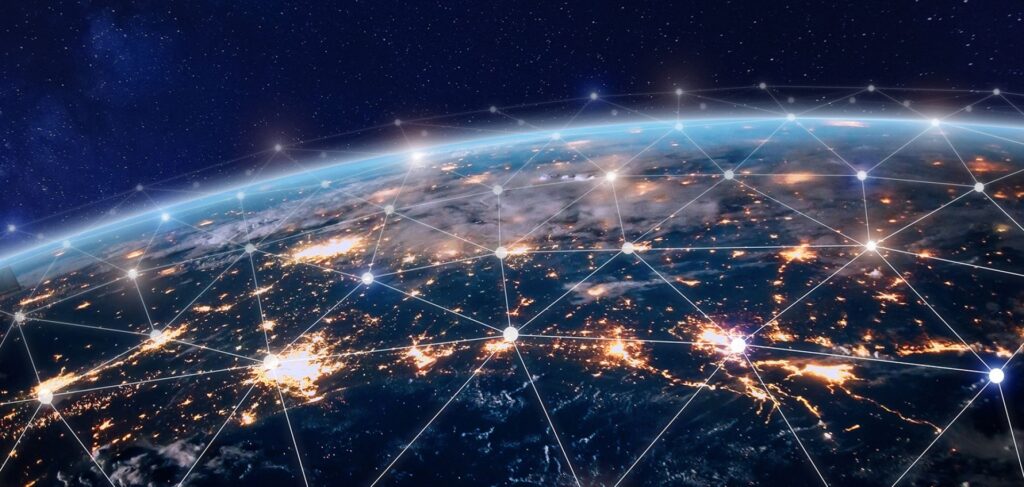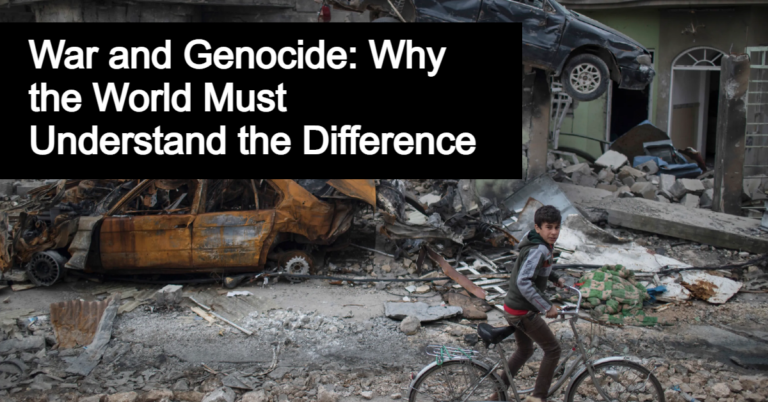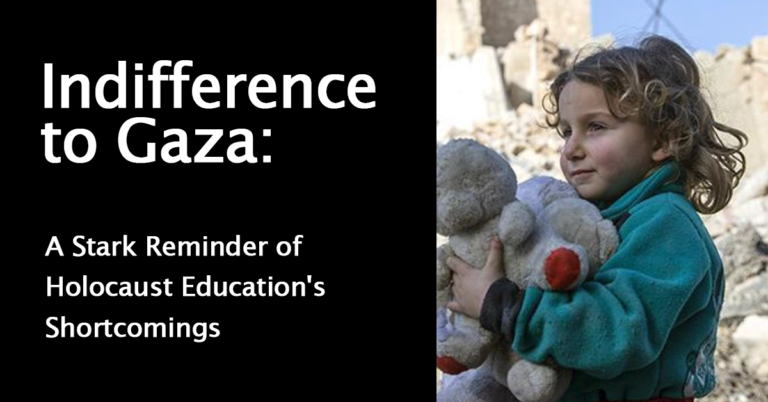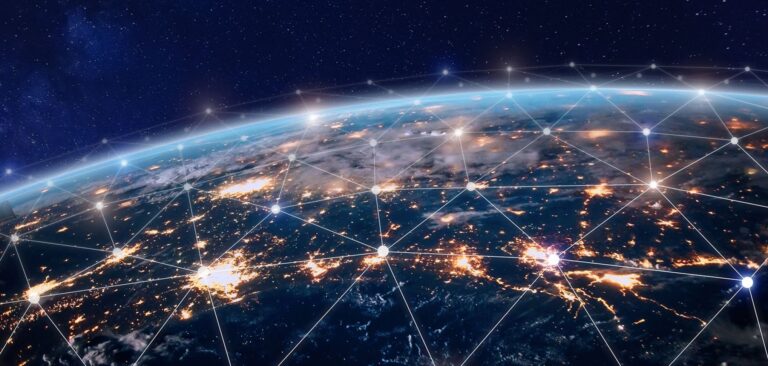
The geopolitical landscape has experienced significant shifts in recent months, marked by escalating tensions, strategic realignments, and emerging alliances. These developments have profound implications for global stability, economic dynamics, and international relations.
Escalation in the Russia-Ukraine Conflict
The ongoing conflict between Russia and Ukraine has intensified, with recent actions raising global concerns. Russian President Vladimir Putin’s revision of the nuclear doctrine now considers any conventional attack by a nation supported by a nuclear power as a joint attack on Russia. This move follows the U.S. decision to permit Ukraine to use long-range missiles against Russian territory, escalating the potential for broader conflict. These developments have also impacted global oil markets, with prices fluctuating due to fears of supply disruptions from Russia, a major oil producer.
COP29 Amidst Global Tensions
The 29th Conference of the Parties (COP29) convened in Baku, Azerbaijan, under a cloud of heightened geopolitical tensions and climate challenges. The recent election of climate-sceptic Donald Trump as U.S. President poses significant risks to global climate efforts, including potential withdrawal from the Paris Agreement and increased fossil fuel production. Despite these hurdles, COP29 serves as a crucial precursor to COP30 in Brazil, with key discussions focusing on setting new global climate finance targets and revising national climate commitments for 2025.
Shifts in Middle Eastern Alliances
The Middle East continues to be a focal point of geopolitical activity, with recent conflicts serving as a ‘wake-up call’ for businesses to better prepare for geopolitical risks. The ongoing tensions have prompted companies to reassess their strategies and risk management frameworks to navigate the complex geopolitical landscape effectively.
China’s Expanding Influence in South Asia
China’s growing influence in South Asia is challenging India’s traditional dominance in the region. The collapse of Bangladesh’s government in August and the subsequent anti-India stance of the interim government highlight this trend. Additionally, new leadership in Nepal and the Maldives is leaning towards China, with Nepal’s Prime Minister considering engagement in China’s Belt and Road Initiative and the Maldives’ President signing a military assistance agreement with China. These developments necessitate a strategic reassessment by India to maintain its influence in its traditional sphere.
Arctic Geopolitical Dynamics
The Arctic region is witnessing increased geopolitical competition, particularly between the U.S. and Russia, exacerbated by Russia’s invasion of Ukraine. The region’s vast fossil fuel reserves and emerging shipping routes due to melting ice are key factors driving this competition. China’s growing partnership with Russia in the Arctic, including increased investments and military cooperation, adds another layer of complexity to the geopolitical dynamics in the region.
Resilience of Globalisation Amidst US-China Tensions
Despite escalating tensions between the U.S. and China, globalisation has demonstrated resilience. The global trade system has withstood numerous disruptions, including the COVID-19 pandemic and the Russia-Ukraine war. However, the ongoing rivalry between the U.S. and China, characterised by competitive measures such as subsidies, tariffs, and export controls, poses a significant threat to the framework of international trade. This competition spans critical sectors, including semiconductors, green energy, and electric vehicles.
Implications for Global Stability
These developments underscore the interconnectedness of global events and their far-reaching implications. The intensification of conflicts, shifting alliances, and strategic realignments necessitate a nuanced understanding of the evolving geopolitical landscape. Stakeholders, including governments, businesses, and civil society, must remain vigilant and adaptable to navigate the complexities of this dynamic environment.
Sources:
- “Oil prices end higher following latest developments in Russia-Ukraine war.” MarketWatch. MarketWatch
- “COP29 opens in a more perilous context than ever for the climate.” Le Monde. Le Monde
- “Middle East conflict a ‘wake up’ call for businesses: KPMG.” The Australian. The Australian
- “India challenged by China in its ‘sphere of influence’.” Le Monde. Le Monde
- “The Coming Battle Over the Arctic.” Time. TIME
- “Can globalisation survive the US-China rift?” Financial Times. Financial Times
















